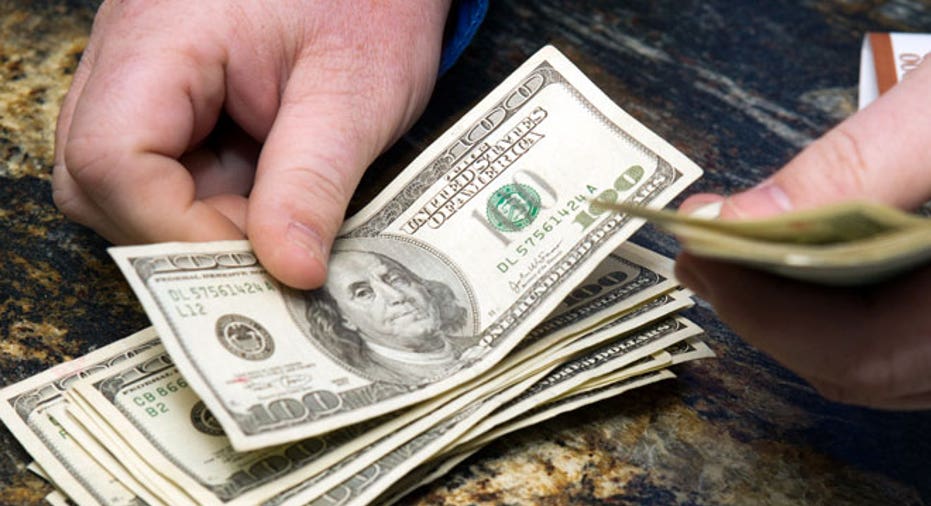I Paid Off My Debt...Now What?

Dear Dave,
I have some bad marks on my credit report. What’s the best way to handle them?
-Patricia
Dear Patricia,
There can be three types of nasty items on your credit report. There are errors, which shouldn’t be there at all. There are old payments that you paid late, and really, these are just a report of history. Then there are debts that have gone bad. This means you didn’t pay them. If these are the types of items you’re talking about, you’ll have to go back and clean them up. This will mean either making payment in full or settling them at a lower, agreed-upon amount.
Probably the biggest headache will be finding exactly who to pay. There’s a good chance some of them have been handed over to collection agencies. If this is the case, they’ll try to charge collection fees, and in some cases even double the amount owed. You’ll have to negotiate with them for a more reasonable settlement amount. So there’s going to be more than just a financial hassle attached to this endeavor.
But still, even if the debts have a date when they were supposed to “fall off” your credit report, I’d still pay them. Collectors will still chase you in an effort to collect even if they’ve fallen off your record. They aren’t supposed to do that, but many do. And it can hit you at exactly the wrong time—like when you try to get a mortgage.
I think this is a good idea, Patricia. Just expect a little work and a few headaches in the process. Getting this stuff out of the way will improve your quality of life, and besides, it’s your debt. It’s your responsibility to pay it, plus it’s the honorable thing to do!
-Dave
Dear Dave,
I finally paid off my old car, and now I’m taking your advice and saving up to pay cash for a newer one in the future. Where should I put the money I plan on saving for the next five years? Would a mutual fund be a good idea?
-Kristi
Dear Kristi,
I love that you’re going to save up and pay cash for your next car. But the problem with mutual funds is they go up and down in value. I love mutual funds for long-term investing, and by this I mean a bare minimum of five years. Still, I wouldn’t recommend them as a method of saving for a vehicle purchase.
When it comes to saving up for a car, I’d suggest a simple savings or money market account. They both pay next to nothing in terms of interest right now, but at least you’ll know your money is safe and not going down in value. You won’t be worrying about the ups and downs of the stock market or whether or not you can actually get a better car just because some clown on Wall Street flipped a switch.
Did you know that the average car payment in America right now is $487? Even if you hid that money in a cookie jar, you’d have nearly $5,000 in just 10 months. And despite what a lot of people say, you can still get a decent little used car for that kind of cash.
It’s like grandma always said, Kristi. “Save up and pay for it!” If you don’t have the money to pay for something in full, then you can’t really afford it.
- I p Dave
* Dave Ramsey is America’s trusted voice on money and business. He’s authored four New York Times best-selling books: Financial Peace, More Than Enough, The Total Money Makeover and EntreLeadership. The Dave Ramsey Show is heard by more than 5 million listeners each week on more than 500 radio stations. Follow Dave on Twitter at @DaveRamsey and on the web at daveramsey.com.



















